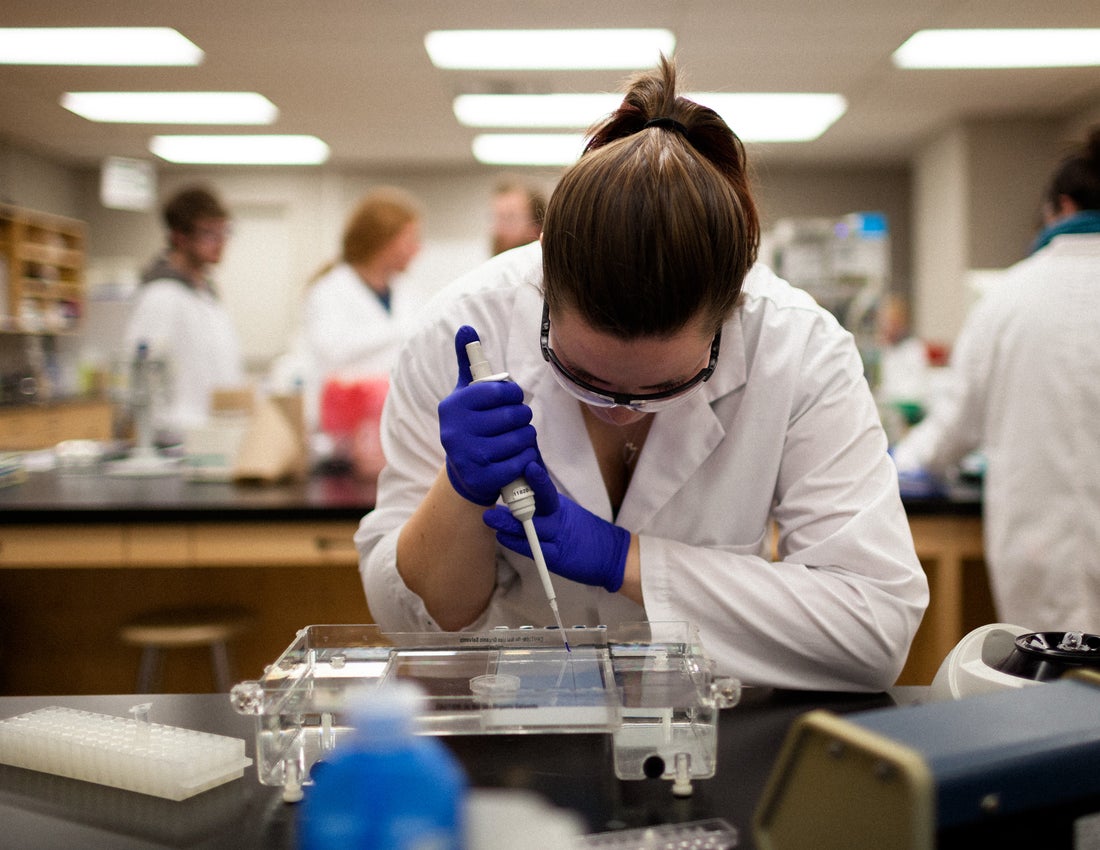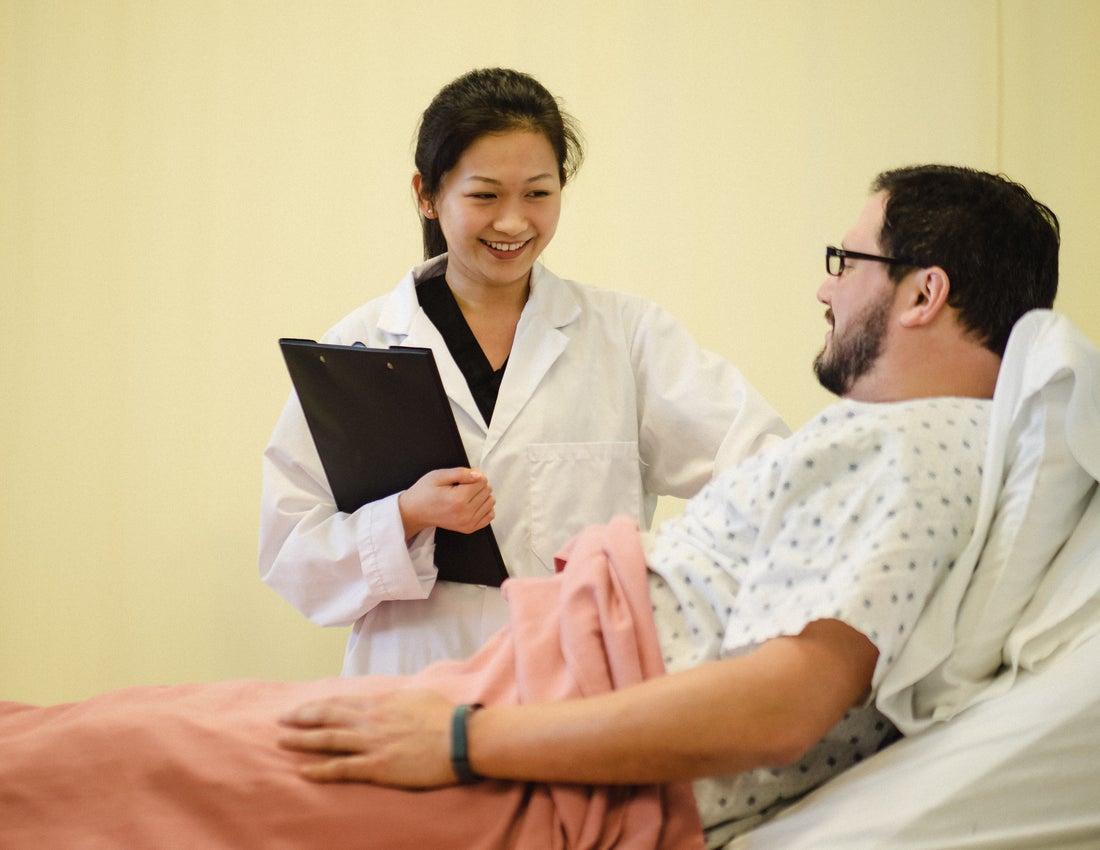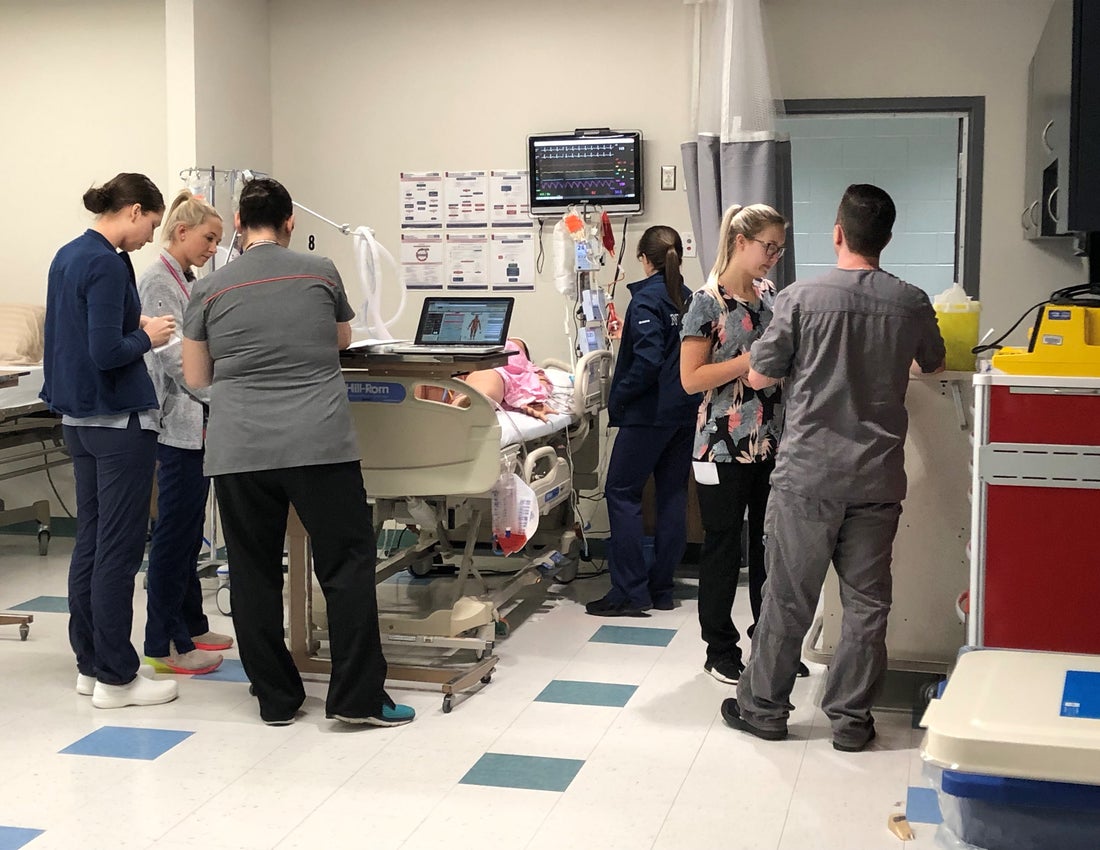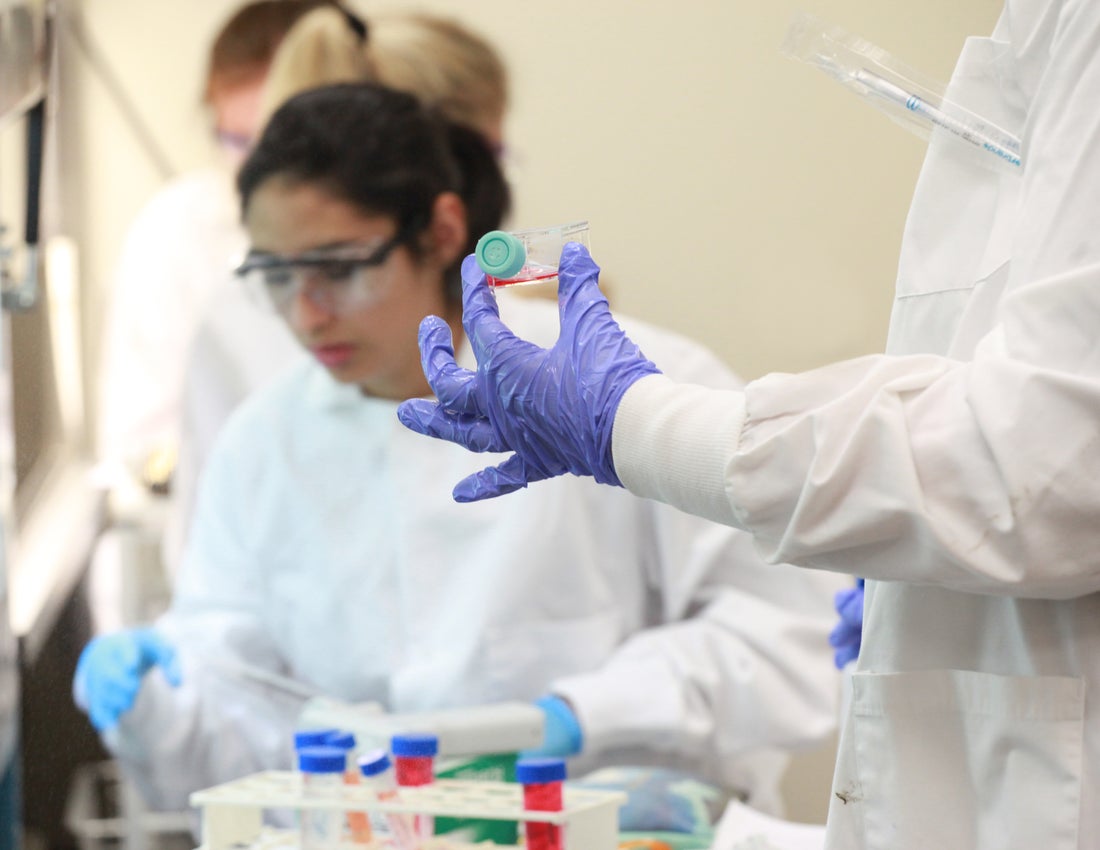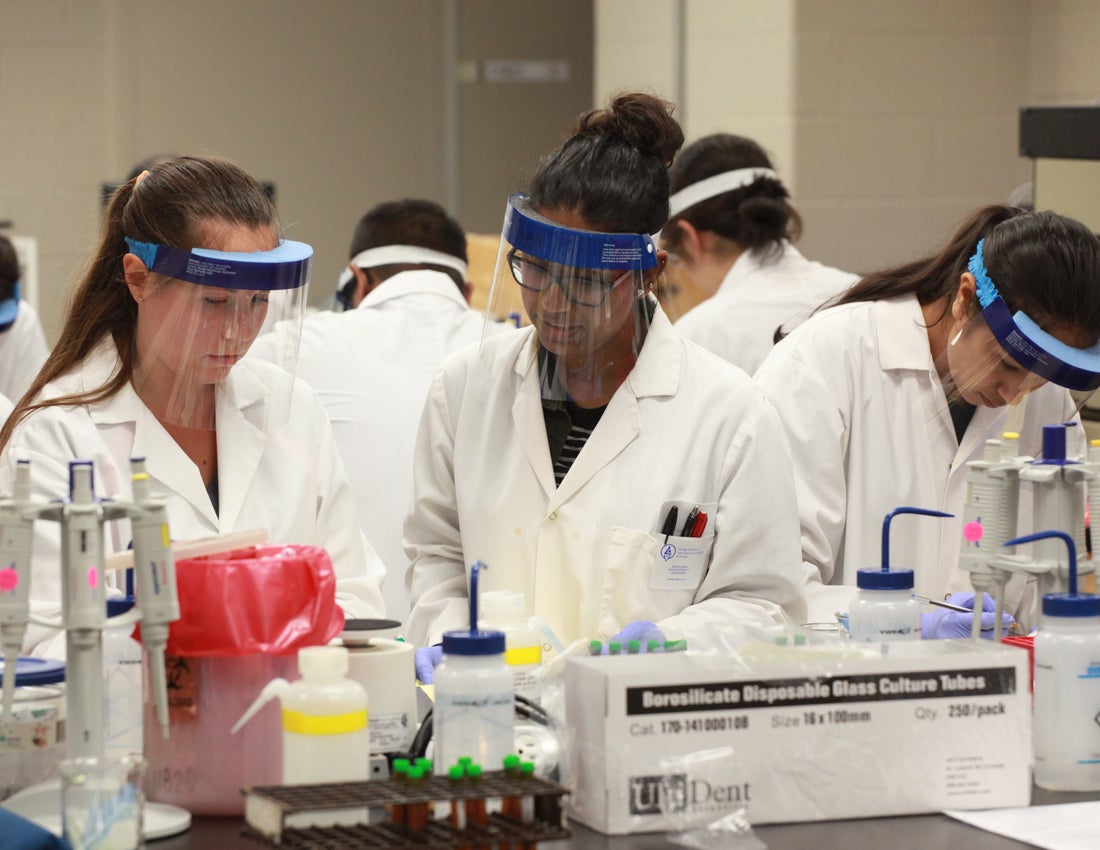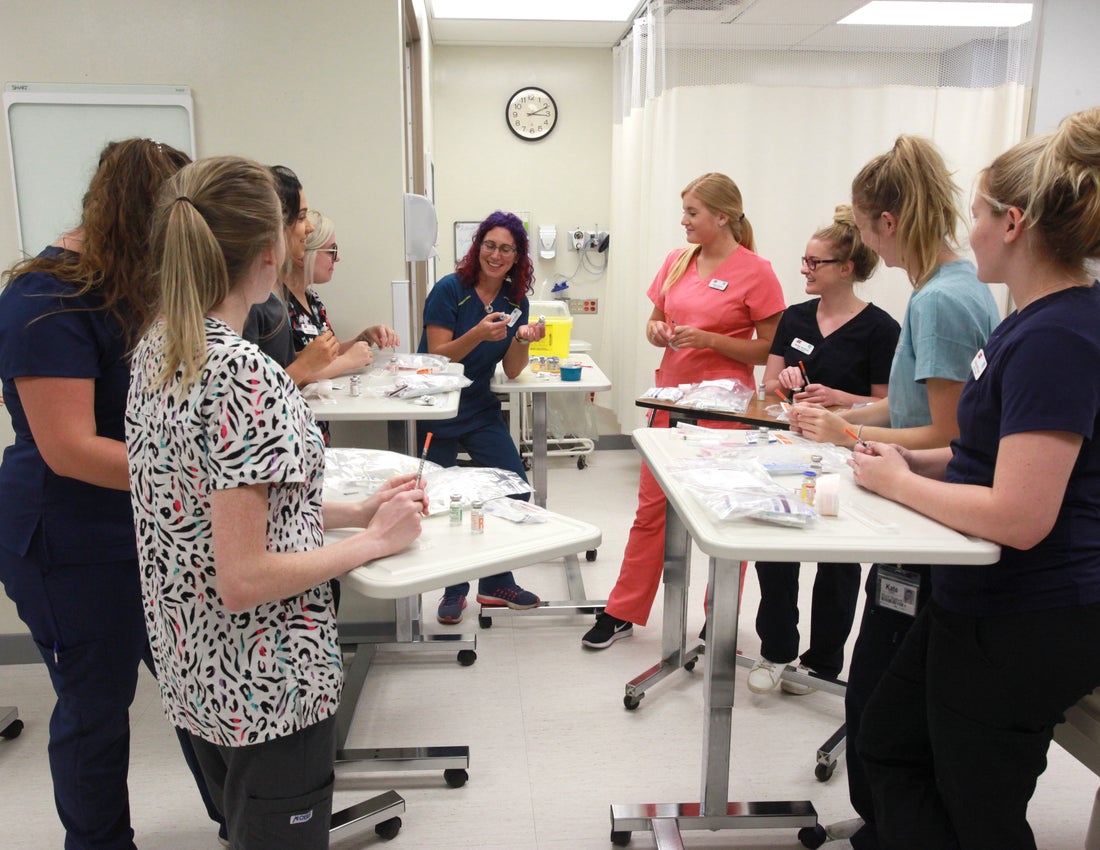Overview
With newly upgraded state of the art labs at all three campuses, SLC’s School of Health Sciences and School of Baccalaureate Nursing will provide you with the best learning environment possible. Whether working with people, behind the scenes in a lab, or with animals, you’ll be ready to join the heroes on the front line.
health science Programs
Photo gallery
Career Options
- Medical and Surgical Nursing
- Mental Health
- Disease and Medical Research
- Ecology
- Physiotherapy Assistant
"I wouldn't have been able to get to where I am now without the knowledge and experience that I gained through the Nursing Program at SLC. So many people at the college helped me to become what I needed and wanted—and for that I give thanks everyday."
-Bertha Ouellette
